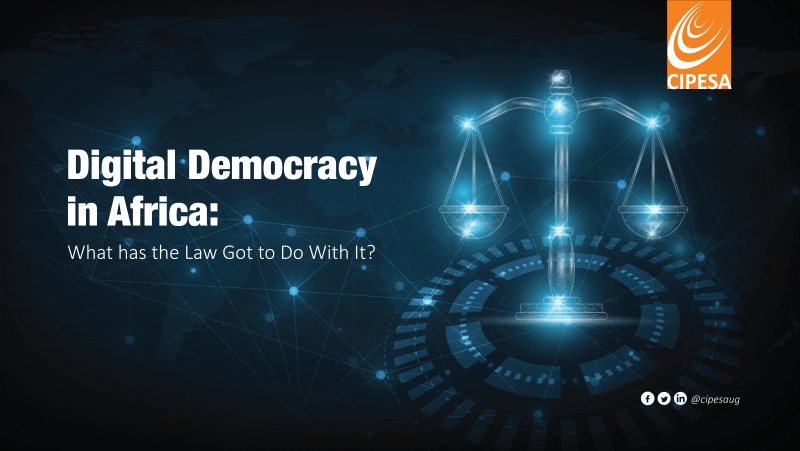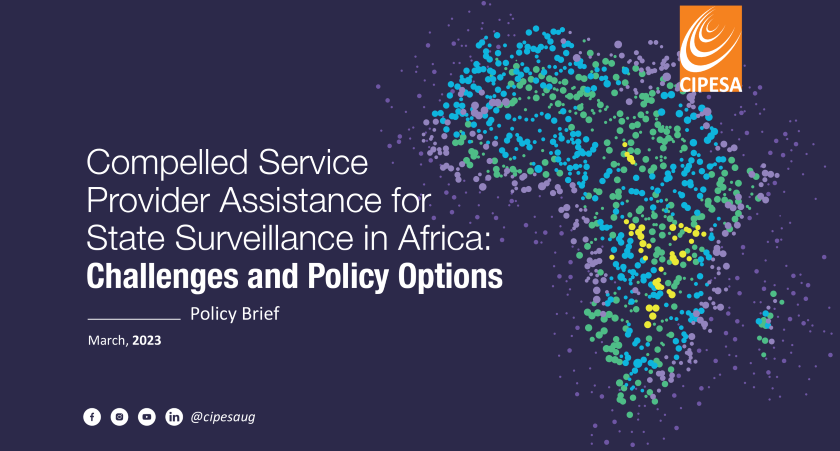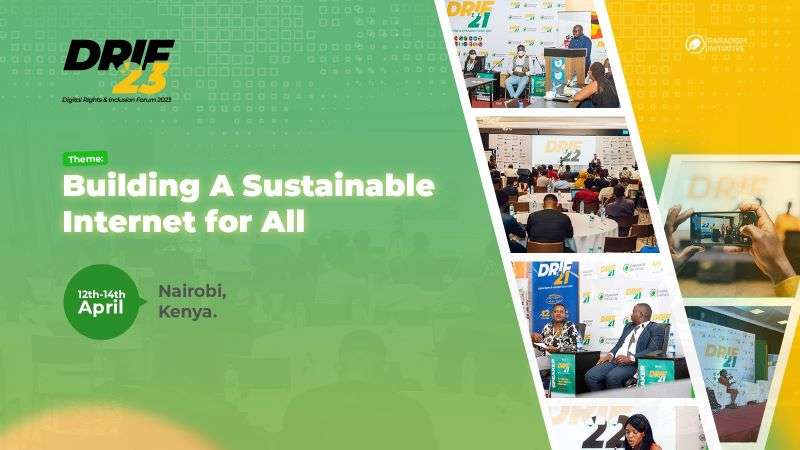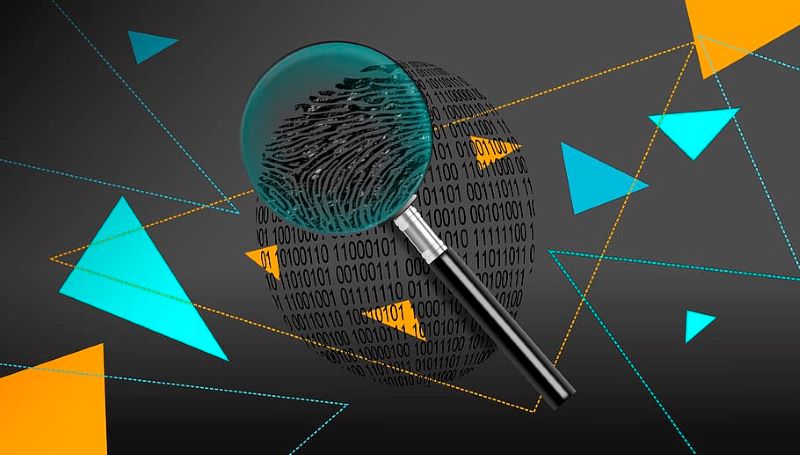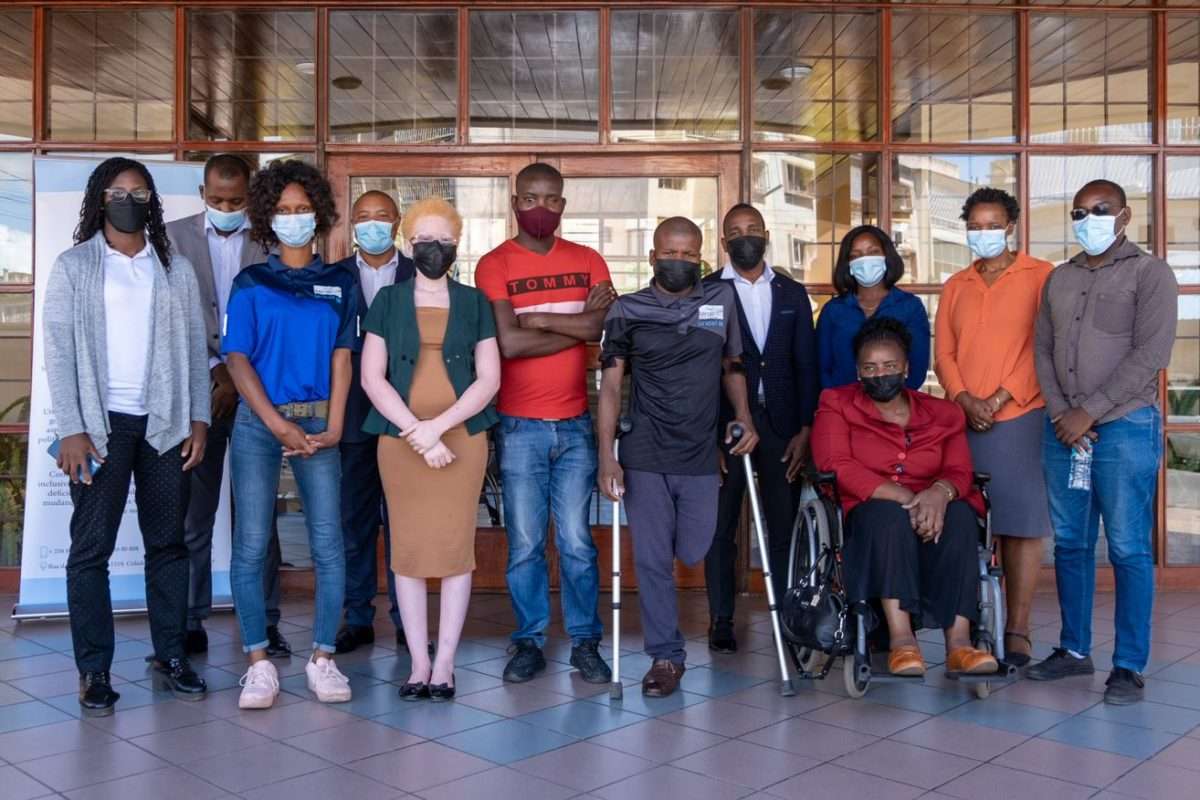By Edrine Wanyama |
With digital freedoms continuing to take a hit amidst a wider democratic regression across Africa, the role of laws in curing what ails democracy in the region warrants scrutiny. In a number of countries, the laws that regulate how citizens use digital platforms and exercise their digital rights are retrogressive and fail to offer sufficient protection to citizens. Many of them are broadly worded, give extensive powers to state agencies to interpret the laws and to interfere with citizens’ rights.
In turn, the legal and regulatory framework has become central in shaping digital rights and digital democracy in Africa. Governments have enacted regressive and draconian laws that variously empower state agencies to limit the digital civic space. As a result, rights such as freedom of expression, access to information, and data privacy continue to come under threat due to the high-handed and often excessive control measures.
In many countries laws have been weaponised to silence critics, notably those that use digital and social media to organise or express opinions critical of governments and state officials. Various laws are being used to arrest, persecute, detain and prosecute individuals over online communication, as have been witnessed in the Democratic Republic of Congo (DRC), Mozambique, Kenya, Rwanda, South Sudan, Tanzania, Uganda, Zambia, Zimbabwe and several other countries. These measures curtail press freedom and other digital rights that are at the root of democratic participation.
Laws that regulate state surveillance are among those that have a profound chilling effect on digital rights and citizen participation. Anonymous communication in the digital domain is crucial for citizens, journalists and political actors to operate without fear of reprisals, particularly in authoritarian countries. Yet the conduct of surveillance in the region is enabled by laws that give broad powers to state agencies to conduct surveillance amidst limited oversight and transparency, and strenuous demands on intermediaries to facilitate communications monitoring and interception.
Equally concerning is that various governments have weaponised disinformation laws to silence critical voices, rather than utilising them to counter the ills of disinformation. Similar to the purposes that state surveillance often serves, laws on countering disinformation have in many cases been used to target political critics.
In turn, those laws (which tend to be vague and ambiguous and fail to distinguish between disinformation or falsified information, making their enforcement open to the subjective interpretation of law enforcement agencies) are being used to stifle legitimate expression and to hamper access to critical and pluralistic information. This has been common in countries like Burkina Faso, Ethiopia, Kenya, Nigeria, Tanzania and Uganda where laws criminalising disinformation and false news, such as those on computer misuse, are often deployed to silence government critics.
Governments have also relied on different laws to order internet disruptions, which create information blackouts, deny citizens their right to access information, associate and express themselves. Mostly ordered during elections and public protests, the network disruptions also undermine electoral credibility and hinder the ability of citizens to record and disseminate incidents of rights violations by security agencies and other actors.
Many observers around the continent, as well as the United Nations, have repeatedly urged states to refrain from ordering shutdowns, which they say are often not necessary or proportionate to address the threats that prompt governments to order them. However, such network disruptions continue unabated in parts of Africa, with governments and communications regulators citing various laws to justify them. According to the KeepItOn coalition, at least four of the region’s nine shutdowns during 2022 took place alongside reported human rights abuses, both in the context of violent crackdowns on protests and active conflict.
There are other ways still in which the law is undermining the protection of freedom of expression and access to information and data privacy. Many African countries have enacted access to information laws to facilitate public access to information in possession of the state. They include Kenya (enacted in 2016), Rwanda (2013), South Sudan (2013), Tanzania (2016), Uganda (2005), Malawi (2017), Mozambique (2014), and Zimbabwe (2020). On the other hand, countries like the DRC, Burundi, and Zambia do not have specific laws on access to information.
However, many of the existing laws have wide exemptions and limitations to the kinds of information that citizens can access. These limitations are primarily based on national security, official secrecy laws, individual privacy and confidentiality justifications. Proactive disclosure of information is rare in most countries, and information of vital importance to citizens is in short supply online. This undermines accountability and transparency of governments, which are key ingredients for citizen participation in democracy.
At another level, proliferation of technology has led to a need to protect individual privacy. Previously, countries collected personal data in absence of enabling legislation, for such purposes as immigration, issuance of driving permits and SIM card registration. This has, in turn, necessitated the adoption of laws to protect privacy: Uganda (2019), Kenya (2019), Rwanda (2021), Tanzania (2022), South Africa (2013), Zambia (2021) and Zimbabwe (2021). Still, countries like South Sudan, DRC, Malawi, and Mozambique are yet to enact specific laws.
Despite the adoption of laws, they generally fall short of the ideal practices. Many countries do not have independent data protection authorities and there is inadequate oversight and enforcement of personal data protection standards and mechanisms. Moreover, only 13 of Africa’s 55 countries have ratified the African Convention on Cyber Security and Personal Data protection. These are Algeria, Cape Verde, Congo Brazzaville, Ghana, Guinea, Mozambique, Mauritius, Namibia, Niger, Rwanda Senegal, Togo and Zambia. Reluctance to endorse this lead guiding instrument on data protection, privacy and cyber security is telling of countries’ commitment to respecting privacy.
Meanwhile, numerous data protection laws facilitate governments’ access to personal data without adequate safeguards, thereby enabling undue surveillance and interception of communications and unlawful use of private information. They fail to adequately regulate the mass collection of individuals’ personal data, including biometrics, for issuance of national identity cards, immigration documents, voters’ cards and driving permits. Furthermore, the laws often restrict the transfer of personal data outside national borders but do not put sufficient checks on governments’ access to this data.
Indeed, the place of the legal and regulatory framework in promoting and protecting fundamental freedoms was in focus at a regional convening on March 13-14, 2023, by the International Senior Lawyers Project (ISLP) in partnership with the Media Institute of Southern Africa (MISA) and Southern African Institute for Policy and Research (SAIPAR) in Harare, Zimbabwe.
The workshop identified advocacy, capacity building, analysis of laws and proposed legislation, engagements with parliaments on law reform, and litigation at national and regional courts, as key to promoting the digital civic space. Yet, as CIPESA noted at the meeting, political interference, long periods taken to determine cases, and non-compliance of states with decisions of regional courts have hampered the effectiveness of litigation.
The convening made recommendations to governments, civil society, and the private sector:
- Governments
- Sign and ratify key international human rights instruments on data protection and privacy especially the African Union Convention on Cyber Security and Personal Data Protection.
- Ensure a favourable environment for the exercise and enjoyment of digital rights and freedoms by among others enacting progressive laws and repealing draconian legislation.
- Promote accountability and transparency by proactively disclosing information in a timely manner and expeditiously responding to information requests from citizens.
- Civil Society, the Private Sector and Tech Communities
- Jointly push for the amendment of regressive laws that undermine digital rights, and contribute to law-making processes by analysing bills and making proposals for reform, repeal or amendment.
- Advocate for compliance with the United Nations Guiding Principles on Business and Human Rights to ensure that violations of human rights are minimised in the course of doing business.
- Engage in strategic and collaborative litigation to challenge all measures by governments which curtail digital rights and undermine digital democracy.
- Build capacity of stakeholders including the media and the general public to protect and promote digital rights and to demand accountability and transparency from governments and their agencies.
- Use human rights monitoring mechanisms such as the Universal Periodic Review (UPR) to hold their states to account.
- Advocate for states to ratify key human rights instruments such as the AU Convention on Cyber Security and Personal Data Protection.

